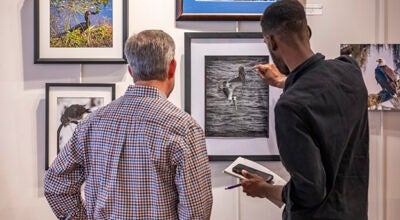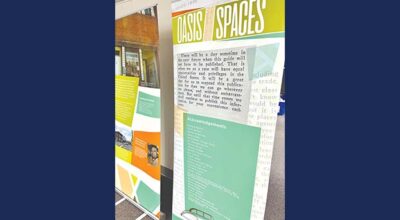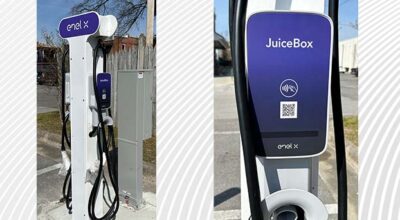Downtown project focus of budget hearing
Published 5:22 pm Tuesday, May 14, 2013
Concern about putting utilities underground along the downtown section of Main Street was voiced by two people during a public hearing Monday on the proposed 2013-2014 budget for Washington.
Those two people — Beth Byrd and Trent Tetterton — were the only speakers during the hearing. Byrd is director of the Washington Harbor District Alliance. Tetterton is vice president of the organization.
The plan to place the existing above-ground utilities along the downtown section of Main Street has been on the shelf for several years. Underground utilities would help enhance downtown’s appearance and result in new infrastructure (mostly electric service) that would improve the city’s ability to support downtown festivals and events, supporters of the plan have said.
Tetterton asked for an explanation of why the underground utilities project was removed from the proposed budget.
“I think that’s a very crucial project for the development of downtown and for the revitalization of downtown,” Tetterton said. “So, I’d like to get an understanding of why that is being tabled at this point. … My interest is are we accepting this as status quo or are we putting this off for another year. I think, ultimately, the city is going to have to step up to the plate in order to go ahead and improve the utility situation as it exists downtown.”
Mayor Archie Jennings told Tetterton the council was looking at partially funding two projects. The council decided it would be better to fund one project in the upcoming budget to get that project on the way to completion rather than partially funding two projects and their progress occurring in phases over several years.
The council opted to fund the wayfinding project first, over a period of two years, and complete it before letting the city proceed with the underground utilities project, the mayor noted. Jennings also noted the city wants to better prepare for the underground utilities project before starting it so that it causes a little disruption for downtown merchants as possible. The project would entail “tearing up” sections of Main Street in the downtown area, the mayor noted, citing the disruption caused several years ago when the city made improvements downtown. Some merchants complained about that work disrupting their business, he said.
The underground utilities project could take up to five years to complete, he said.
“The council saw fit to bring forward the entire amount that was anticipated as necessary to do the wayfinding project right now,” Jennings said. “Rather than do two projects stairstep, we brought one forward, and hopefully can complete it in pretty short order,” Jennings said.
Byrd commended the city for proceeding with the wayfinding project.
“I truly believe the Route 17 bypass has done serious damage to our downtown merchants. I hope that you give the Washington Harbor District Alliance a chance to help you with that program as it moves forward. We’d be glad to supply my time and our volunteers’ time to make sure that project is as good as it can be.”
Wayfinding includes all the ways people use to orient them in a particular place, like Washington, and navigate from place to place, like hotels, restaurants, the N.C. Estuarium and shopping areas. Signs providing directional information, maps available at visitors centers and other methods of directing people to specific places are wayfinding tools.






